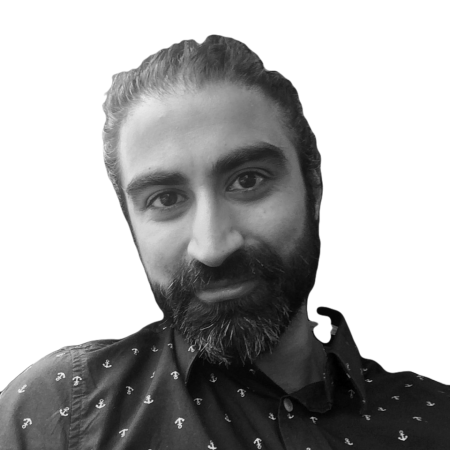Ever since starting medical school, I have been interested in how health is affected by people’s environment. Psychiatry appealed to me because it was the specialism that really engaged with how complicated and messy the real world can be. As a psychiatrist I try to use a range of perspectives, including the idea that we are all partly a product of the social environments that we’re tangled up in. Mental health is personal, and closely linked to our social environment. It’s becoming more and more clear through research that changes to our social environment could be a powerful way to prevent mental ill-health, and enhance our collective wellbeing. That’s where local government policy, and government spending comes in. So it’s vital that policy decisions are grounded in solid, quality research.
“Research is vital for highlighting the struggles that society needs to know about.”
I came to research through training opportunities that allowed me to pursue research alongside my clinical training in psychiatry. A Masters in Epidemiology at the London School of Hygiene and Tropical Medicine opened my eyes to new perspectives, working collaboratively on problems with others from very different backgrounds. At the moment, I’m working as a Research Fellow, seconded to Lambeth Council in London. In this role, I’m working with policymakers on evaluating a programme to reduce violence affecting young people living in the area. I think in this context researchers can bring a really useful perspective. Day to day, Council staff are focused on the “nuts and bolts” of the programme and making sure it’s delivered effectively. They may have less space to think about how to invest the money they have, or whether the programme has delivered the targets they want. As a clinician-researcher in that setting, I’m fortunate to be able to bring the right people around the table, to ensure that all relevant voices are heard, in working out what people want out of policies, and what “counts” as success. Hopefully, I’m there to think a bit more deeply, and to step back. I’m thinking about whether the outcomes are the right outcomes, and whether this programme is actually doing something desirable for society. It’s a privilege to have the space to be able to think deeply on these highly complex issues.
“A large part of understanding a person’s mental health is actually about society and about social complexity. So research on improving mental health has to be about the biology, yes, but also about the benefits system, discrimination, and other “social” things. We need to engage with all of these issues to make change.”
My research for example, has shown us that people who experience mental illness, also experience more violence. My colleagues and I have also found an interesting relationship demonstrating that neighbourhood crime levels seem to predict rates of psychosis. Real health inequalities and injustices come to light through research.
Research is not a luxury in the local authority I’m working in at the moment. Mental health services need research, no question. Anecdotal experience may be shared through the media, but policymakers need evidence to guide effective responses at this level.
“In this role, as a researcher I’m thinking – ‘what evidence does the policymaker need to be able to implement an effective policy that works for everyone?’. That’s the end that drives me.”

